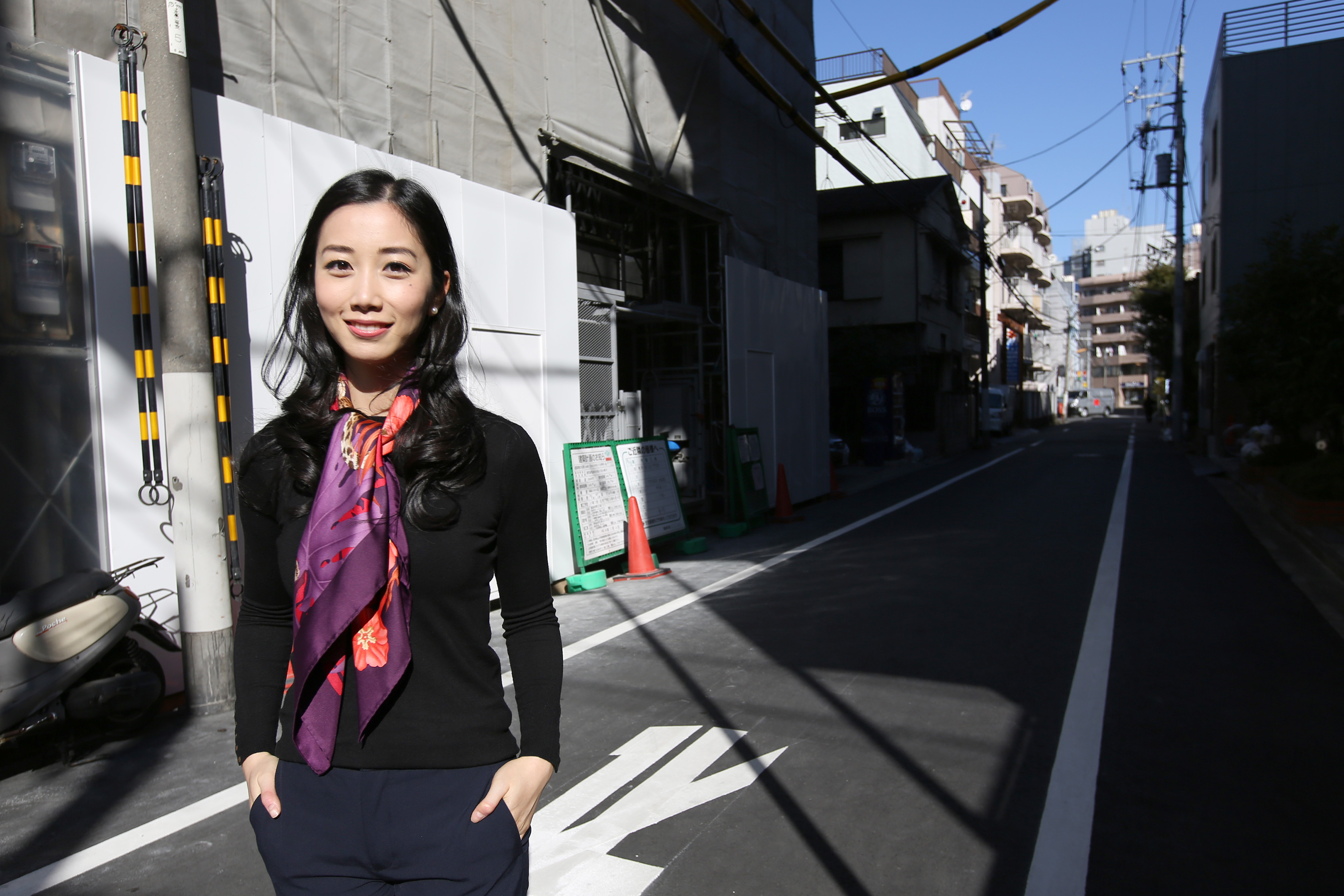Aileen Jeffery arrived in Tokyo two years ago and spotted what she thought was the best opportunity of her career: Hotel rooms in the capital were scarce and a boom in tourism was exacerbating the shortage.
The 26-year-old former real estate analyst took a 21st century approach to the business, investing in condominiums tailored for customers of Airbnb Inc. rather than travelers inclined to stay at traditional hotels. That let her offer rooms in residential neighborhoods and sidestep the nation's strict and peculiar 70-year-old rules for hotels, which dictate everything from the length of reception desks to the color of pillow cases. Jeffery's bet seemed like a good one at the time: Japan is Airbnb's fastest-growing market.
Perhaps not for much longer though. Under pressure from the hotel industry and a populace concerned with the surge of foreigners in their neighborhoods, Prime Minister Shinzo Abe's government has released guidelines for home-sharing — called minpaku in Japanese — that could make most Airbnb rentals in the country illegal. Airbnb hosts would only be allowed to rent to guests who stay for a week or longer, a minuscule slice of the market. The national guidelines only become law if local municipalities decide to ratify them, but that is beginning to happen. Jeffery is rethinking her expansion plans, while Airbnb is seeking ways to hang on to its business.

















With your current subscription plan you can comment on stories. However, before writing your first comment, please create a display name in the Profile section of your subscriber account page.